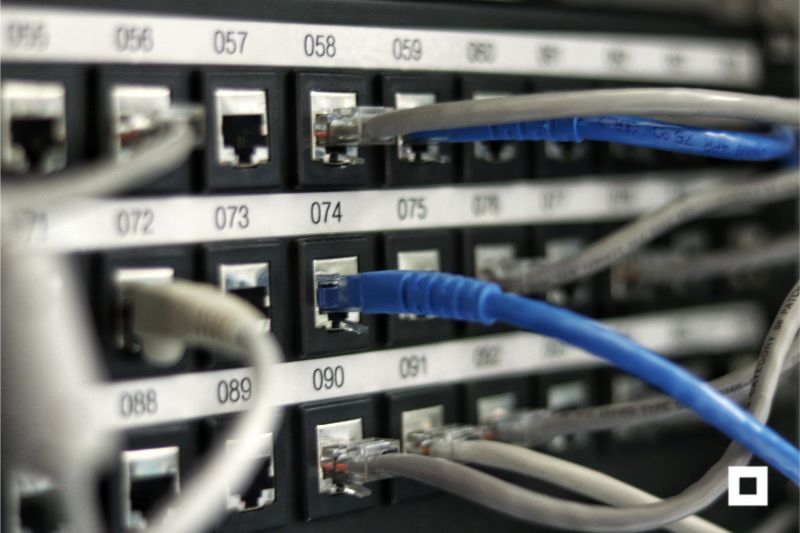What is a CDN?
A Content Delivery Network, also known as CDN, is the best way to secure the delivery of content to websites and other Internet services, quickly and efficiently.
In non-virtual terms, a CDN is a group of servers that distribute across different geographical areas and which work together to deliver Internet content. Most of today’s web traffic serve via CDNs. The quick transfer of assets that a CDN allows for is what makes the process of loading Internet content like HTML pages, images, and videos, possible. A CDN with a proper configuration can even protect websites against some of the most common malicious attacks.
A common question when beginning to explore what a CDN is and does is if a CDN and a web host are the same things. The answer is no. A CDN cannot host content, so you can’t replace one with the other. They usually work together to give users a good experience since a CDN can help improve website performance.
Benefits of Using a CDN
Using a CDN can have a positive effect on how users view and experience internet content; however, the benefits depend on a variety of factors. Here are the primary benefits users can experience thanks to CDNs.
Improves Page Load Times
Many factors influence page load times, but one thing is for sure, no one likes slow sites. When content distributes to a website visitor from a nearby CDN, the page load time will be much faster than if that same content delivers from a server located across the globe. That will also motivate visitors to stay on that site for longer and decrease bounce rates.
Minimizes Bandwidth Costs
With the help of a CDN —through caching and other processes— the amount of data an origin server has to provide is reduced, which helps reduce hosting costs, like bandwidth consumption, for website owners.
Improves Site Security
CDNs with a proper setup can prevent DDOS attacks and upgrade security certificates.
Allows for Better Redundancy
Origin servers can get overwhelmed by large amounts of traffic or be affected by hardware failures, which could potentially bring your site down and keep it that way until fixed. A CDN can handle more traffic, increasing redundancy, and allowing for better content availability. In other words, it can help keep your website online, always.
In short, a CDN shortens the distance between you and the server that hosts your website, which helps improve site performance and rendering, making the overall user experience much better.




